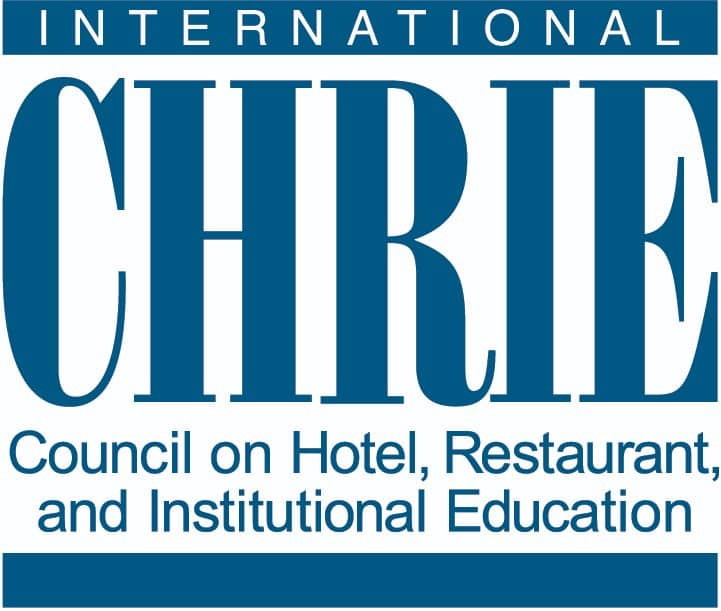
About the publisher
International CHRIE
International CHRIE (ICHRIE), a non-profit professional association, provides programs and services to continually improve the quality of global education, research, service and business operations in the hospitality and tourism industry. ICHRIE, an inclusive, collegial association, values creative, ethical and progressive action and improvement of global hospitality and tourism education and research.
Journal of Hospitality and Tourism Cases (JHTC)
The Journal of Hospitality & Tourism Cases (JHTC) is an international refereed electronic journal (e-journal) published by ICHRIE.
The mission of JHTC is to distribute quality case studies to academics and professionals interested in using the case study method as a teaching, research and/or management tool.
Case studies provide innovative ideas, business (best or failure) practices, professional dilemmas, and lessons learned from the tourism and hospitality reality. Hence, JHTC is an invaluable source of knowledge providing understanding and lessons learned to tourism and hospitality academics, researchers, advanced students, and professionals alike.
Overall, the Journal of Hospitality & Tourism Cases (JHTC) is the first peer-reviewed journal in tourism and hospitality that aims to act as:
- a clearinghouse providing educators with valuable case studies to enrich their educational and instruction methods;
- an internationally recognised publication outlet offering researchers the opportunity to publish their research work;
- a new added-value service of ICHRIE to its members;
- an additional important contribution of ICHRIE to tourism & hospitality education and research.
The Journal of Hospitality & Tourism Cases is published annually since 2011. Each annual volume of the journal features up to 4 issues, including case studies and their teaching notes that represent a wide variety of business topics/problems, disciplinary areas and various types of organizations from the travel, tourism, and hospitality sectors.





















